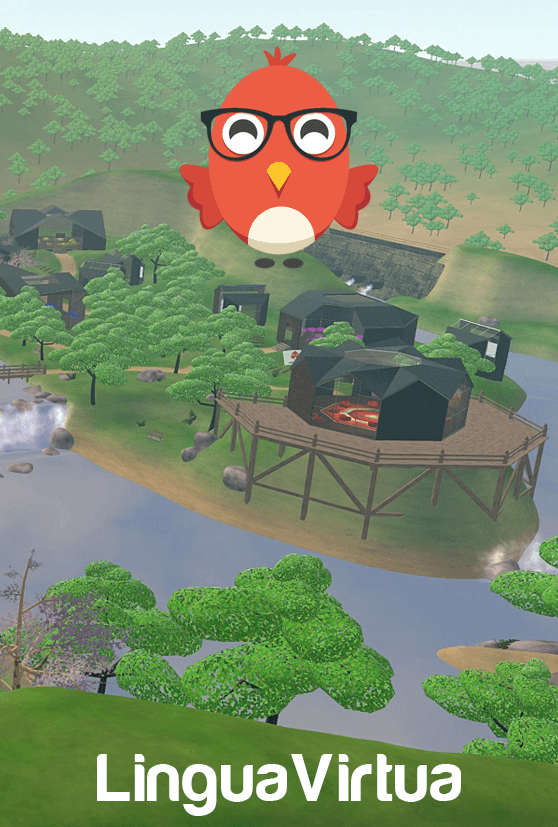A translator is an expert who coverts written words from one language to another. For example, if someone converts this article to French, they’re a translator. This field requires a lot of skill, experience, and in-depth knowledge of both languages.
It goes beyond just converting one word or sentence to another. An experienced professional understands nuances, context, colloquialisms, terminology, etc., to ensure people can get the true meaning of a text.
Challenges of Translating
Translation is rarely straightforward, especially if you want to preserve the essence of a text. Sometimes meanings, sentiments, and rhythm can become lost in word-for-word conversions. Translators need to employ their creative juices to ensure everything comes across correctly.
Unless you’re a native speaker in both languages, understanding the cultural context of certain expressions can be challenging. Experts often conduct thorough online research on these expressions before translating a text. Dialects and region-specific words can also cause a great deal of confusion, making your job harder.
A Day in the Life of a Translator
Freelance and full-time translators have different ways of working. Full-time professionals get more consistent work but have less control over their daily schedule. Freelancers have a flexible schedule but don’t have a steady workflow.
1. Freelancer
Freelancers continuously have to market, keep clients engaged, and maintain workflow. Sometimes, people juggle multiple projects at once, while for others, there’s no work at all. Professionals must organize their time, so they have some certainty amidst all of this chaos. Here’s a look at how a typical day runs:
- Wake up and prepare for a busy day.
- Handle all email and communication, respond to client questions, discuss project scope, etc.
- Work on projects. Translation requires a lot of intense concentration, so most experts are only able to work for specific periods at one go. People often work in 60-minute sessions with short breaks in between.
- Like writers, translators also sometimes experience a block. Different experts have unique ways of navigating through this haze successfully.
- Sometimes freelancers skip social or leisure activities to complete a project on time. They need to keep work flowing for a steady income, which requires some sacrifices.
- If an expert has several projects, they set a moderate work pace. Translation requires a lot of mental energy, which means freelancers can experience burnout very quickly.
Freelancing has its advantages and disadvantages. Some translators thrive in such conditions while others want more control.
2. Full-Time Professional
Full-time translators have a 9-5 job, which gives them more control. They need to be present at work by a specific time and work consistently for several hours. Here’s a look at how a day goes:
- Translators often work from an office instead of their home.
- Once at the office, they answer emails, make a note of all their assignments, and the deadlines.
- Many translators work in teams with editors, content creators, team leaders, etc.
- They take some breaks to converse with colleagues or grab a bite to eat.
- If they are unable to complete an assignment by the end of a workday, and it overflows to the next day, they need to make sure they aren’t missing the deadline.
Full-time professionals don’t take their pending work home and are able to maintain a better work-life balance than freelancers.


























Leave a Reply